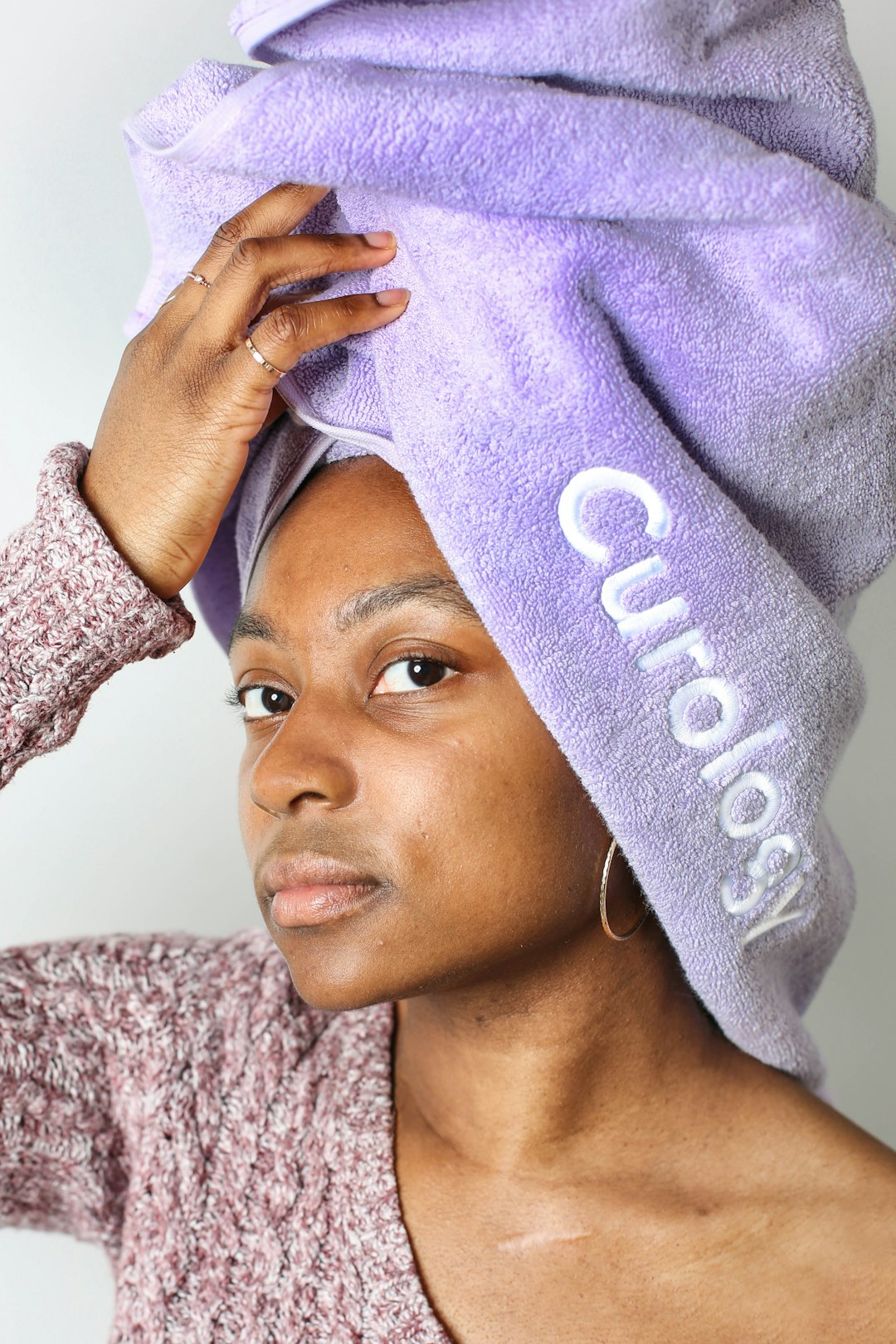

Navigating the Beauty Aisle: Ingredients to Avoid in Skin Creams for Healthy, Glowing Skin
Introduction:
Selecting the right skin cream is a crucial step in any skincare routine, but not all products are created equal. The beauty industry is rife with various formulations, and some may contain ingredients that could be harmful to your skin. In this blog, we’ll guide you through the essential ingredients to avoid when shopping for skin creams, ensuring you make informed choices for radiant and healthy skin.
Parabens:
Parabens are synthetic preservatives commonly used in skincare products to extend shelf life. However, studies have linked them to hormonal disruption, and some may even cause skin irritation. Opt for paraben-free alternatives to safeguard your skin and overall health.
Fragrances and Synthetic Scents:
While a pleasant scent might be tempting, fragrances and synthetic scents in skin creams can lead to skin irritation and allergic reactions. Choose products labeled “fragrance-free” or “unscented” to minimize the risk of adverse reactions.
Sulfates:
Sulfates, such as sodium lauryl sulfate (SLS) and sodium laureth sulfate (SLES), are commonly used in skincare products for their foaming properties. However, they can strip the skin of natural oils, leading to dryness and irritation. Look for sulfate-free options for a gentler cleansing experience.
Mineral Oil and Petrolatum:
Mineral oil and petrolatum are often found in moisturizers, acting as occlusive agents to lock in moisture. However, these ingredients may create a barrier that traps toxins, potentially leading to skin congestion and breakouts. Opt for creams with natural oils like jojoba or coconut as alternatives.
Formaldehyde-Releasing Preservatives:
Some skincare products contain preservatives that release formaldehyde over time. Formaldehyde is a known skin irritant and allergen. Check product labels for ingredients like DMDM hydantoin, imidazolidinyl urea, and diazolidinyl urea, and consider alternatives with safer preservatives.
Artificial Colors:
Artificial colors in skincare products may be derived from coal tar, potentially causing skin irritation and allergies. Choose creams with natural colorants or those labeled “dye-free” to minimize the risk of adverse reactions.
Alcohol:
While some types of alcohol can be beneficial in skincare, others, like denatured or SD alcohol, can be excessively drying and irritating. Look for fatty alcohols like cetyl alcohol or stearyl alcohol, which are more skin-friendly.
Silicones:
Silicones, such as dimethicone, are often used to provide a smooth texture in skincare products. While they may offer a temporary cosmetic benefit, they can also trap debris and hinder the skin’s natural functions. Consider silicone-free alternatives for a more breathable skincare routine.
Conclusion:
By becoming a savvy skincare shopper and avoiding these potentially harmful ingredients, you can make more informed choices for your skin’s health and well-being. Always check product labels, do a patch test if you have sensitive skin, and prioritize creams with natural, nourishing ingredients. Your skin deserves the best care, so let your ingredient knowledge guide you toward products that promote a radiant and healthy complexion.
